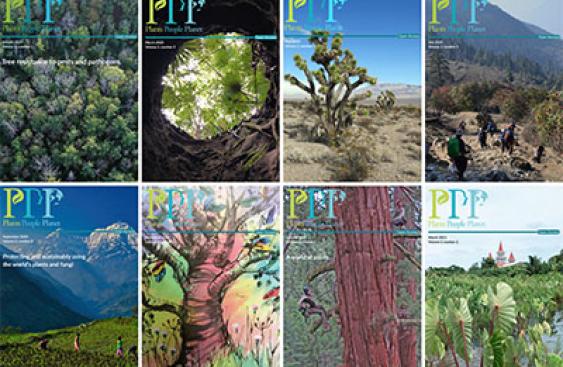 Plants, People, Planet Symposium
Plants, People, Planet Symposium
Thank you to everyone who attended the first Plants, People, Planet Symposium. We hope that you enjoyed the meeting and found it useful.
Videos
You can now catch up on the talks from the meeting on our YouTube channel. Watch here.
Abstract book
Poster prize winners
Congratulations to our poster prize winners! Poster prizes were awarded on the basis of votes cast by the conference delegates.
Runner-up: Eveline Oranje, Delft University of Technology, Netherlands, Engaging communication of knowledge & research: CSI mystery as a tool
Winner: Jessica Turner-Skoff, The Morton Arbotetum, USA, The benefits of trees for livable and sustainable communities
You can read the winning poster here.
Selected talk prize winners
Congratulations to our joint winners of the Plants, People, Planet selected talk prize!
Adriane Tobias, University of the Philippines – Los Baños, On the identity of Rafflesia banaoana, a unique and magnificent flower of the Banao Indiginous Cultural Community
Zoë Migicovsky, Dalhousie University, Canda, The genomic consequences of apple domestication
Catch up on all Symposium social media posts using #PPP19
Simon Hiscock
Editor in Chief
Paul Wilkin
Deputy Editor in Chief
Parts of this page may have been imported from a previous website. If you spot any errors on this page please contact us using the link below.


